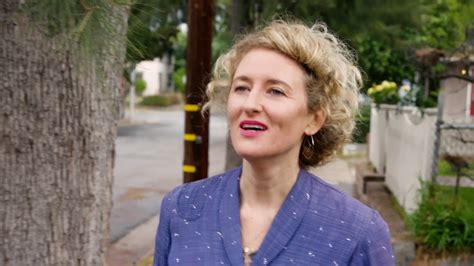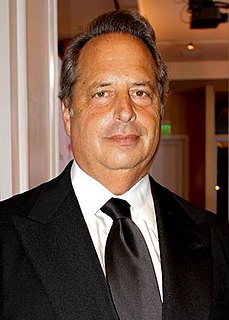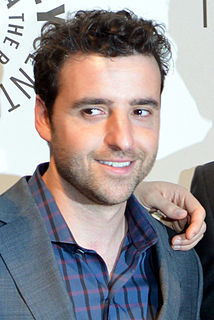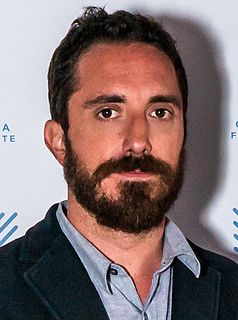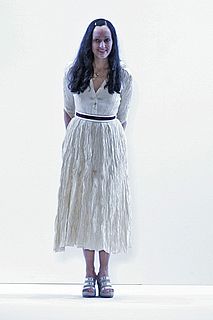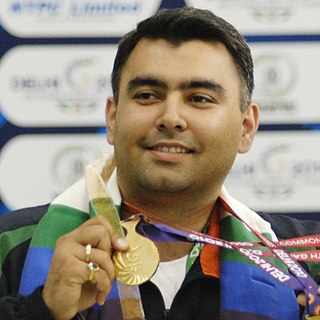A Quote by Amber Sealey
When you're shooting a low-budget movie you're never just the director: you're also in the catering department, and hair and make-up and a part-time grip. I can't even imagine the luxury of not having to keep an eye on every aspect of production while directing.
Related Quotes
The director makes the movie. The director has to have the story in their head, has to know the style of the piece, has to answer questions from actors, design, set, lighting, every department throughout the pre-production, production, and post-production, because they've got it in their mind. They've got to know exactly what they want and what the style and story of the movie is. It's them. They make it.
Hollywood doesn't trust me, and we don't really mix. When a movie has stars, everything in the budget goes up, even the catering costs. I just don't like the process of having Suits all around, so I prefer casting unknowns. It adds another level of tension - you don't quite know what to expect from them. My movies don't even need that much money.
There are some filmmakers like the Coen brothers that are very precise. They make shooting boards, they do it shot by shot, and they follow every single line in their own script. They make amazing movies, and I admire them so much, but I can't do that. I have no idea how the movie will exactly be. While shooting, I just try to create an accident that I don't control very well - grabbing things from different sources and ideas, and then having a sensation somewhere that it will make sense.
Craft takes time, and therefore it is luxury. You cannot do an amazingly well-made garment without taking time—not just the time it takes to make something but also the time it took the maker to come up with the idea. That is all luxury, and that has been lost because were trying to make things faster and faster, cheaper and cheaper. The consumer tends to lose track of what luxury is.
Cricket is a self-sustaining industry; but corporates need to realise that other sports don't have that luxury. This is the time when they need to invest, and keep the faith. Every sport has the potential to create world champions. Imagine India as a country full of world champions. Why imagine? Let's just make it happen.
Shooting at Quentin Tarantino movie was like a masterclass in directing. Although I went back literally right into rehearsal, started shooting... while I was doing it I had to write my Grindhouse trailer and I added two days of shooting. My brother was producing Hostel and the Grindhouse trailer and I was like: "Gabe, just figure this out!"
I knew I wanted to make a movie that looked decadent and expensive. I knew we would have to make every penny stretch and put as much of the budget onscreen as possible. So it starts with your heads of departments - your production designer, costume, hair and makeup designers. Picking the right people who were as committed as I was to telling the story as I was.
What's interesting as a director, and even studio executives don't understand this, is that if you're directing a $200 million movie with six million people, it's the same as directing a $25,000 movie with three people. The director's job is, "You stand there and do that," or "This is the shot I want." The logistics change, but the job remains the same. And I enjoy the job.
